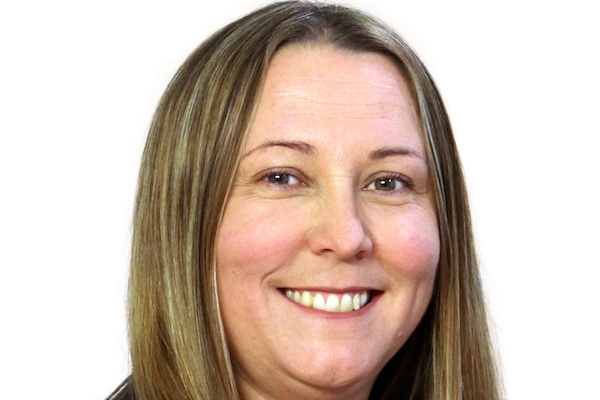A million more people will be paying higher rate tax by 2027, according to forecasts published by HMRC in response to a Freedom of Information (FOI) request.
The figures were revealed in an FOI request submitted by wealth manager and financial adviser Quilter.
HMRC predicts that 1.13m more people will pay higher rate tax by the 2027/28 tax year, with some 301,000 more people becoming additional rate taxpayers by the same time.
The reason more people are expected to move into higher tax bands is because of fiscal drag. This is occurring because tax thresholds - frozen for five years - remain the same each year while incomes rise in line with inflation. The result is more incomes are slowly 'dragged' into higher tax bands.
Previous calculations from Quilter found that if wage growth is on average 5% per year for the next four years but income tax thresholds remain frozen, then someone earning £50,000 today will be £2,643 worse off in the 2027/2028 tax year and will be £6,463 poorer over the four-year period.
Rachael Griffin, tax and Financial Planning expert at Quilter said: “These figures illustrate HMRC is well aware of the power of fiscal drag and exactly how many people they expect to be dragged into paying more tax due to the frozen thresholds.”
She said that many of the more than a million people set to be subject to higher rate tax due to wage inflation may not feel wealthier as their salaries have simply kept up with inflation.
She said: “This means that in real terms their buying power remains much the same, yet their salaries are taxed much more. Freezing income tax bands is a form of stealth tax as you’ll end up paying considerably more tax during the time bands are frozen, which will be on top of higher energy and food costs.”
Higher rate tax is currently levied on anyone with an income between £50,271 to £150,000 at a rate of 40%, while the additional rate is applied on income above £150,000 at 45%. In last year’s Autumn Statement chancellor Jeremy Hunt extended the freeze on the higher rate of tax to 2027/28. It had been previously frozen in the Spring 2021 Statement until 2026 under the then Chancellor, now Prime Minister, Rishi Sunak.

